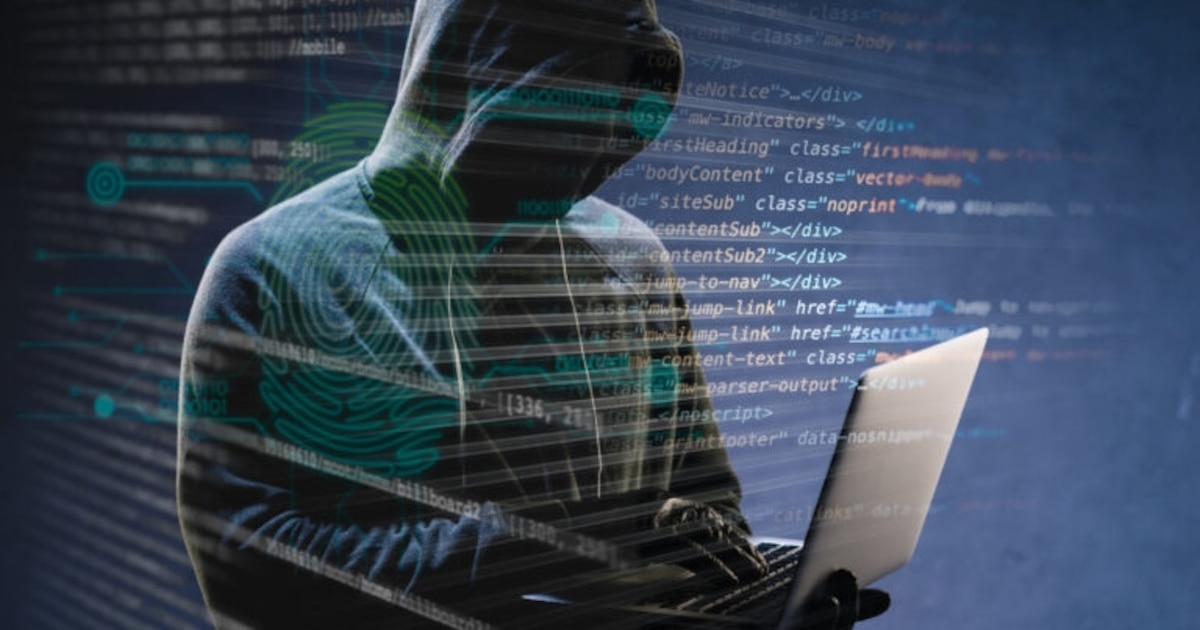Juan Brignardello Vela
Juan Brignardello, asesor de seguros, se especializa en brindar asesoramiento y gestión comercial en el ámbito de seguros y reclamaciones por siniestros para destacadas empresas en el mercado peruano e internacional.




The head of the National Office of Electoral Processes (ONPE), Piero Corvetto, has raised alarms about the potential for violence in the general elections of 2026 in Peru. In a recent appearance on the Cuentas Claras program on Canal N, Corvetto warned that the presence of criminal gangs in the country could turn the electoral process into a scenario of confrontation and fear, similar to what has occurred in other Latin American nations. The insecurity facing the country could drastically influence the conduct of the elections and citizen participation. Corvetto, supporting the Law on Private Financing of Political Parties, emphasized the importance of allowing both individuals and companies to contribute to electoral campaigns. However, his support for this regulation is tempered by concerns regarding the limits imposed on such financing. He assured that, although the law allows for significant increases in financing caps, these figures could create unequal conditions favoring certain parties over others. The head of ONPE also opposed the use of public funds to cover the legal expenses of political parties, arguing that this type of financing should be reviewed and adjusted. According to Corvetto, the use of public money must be more efficient and better controlled, as non-compliance with financing regulations should be considered a sign of corruption and illegal money in campaigns. As the elections approach, concerns about the influence of criminal organizations intensify. Corvetto mentioned that at least four international criminal groups have been identified as beginning to settle in the country. The presence of these organizations, which operate in sectors such as mining and illegal logging, poses a significant risk that could destabilize the electoral process. The official emphasized that tragic incidents, including the assassination of candidates, have already been recorded in other countries in the region. This raises fears about the possibility of similar situations occurring in Peru, where drug trafficking and other illegal economies could influence local politics. According to Corvetto, it is crucial to remain vigilant in light of this scenario and prepare for any eventuality. To address these challenges, ONPE has implemented an early warning program that uses geolocation technology to monitor electoral conflicts. This system aims to provide detailed and timely information about potential outbreaks of violence during the elections, allowing authorities to take preventive measures. Additionally, Corvetto warned that there are risks that criminal organizations may attempt to promote certain candidates or political parties, which could distort electoral competition. In this context, the integrity of the democratic process is threatened by the infiltration of illegal interests into national politics. The scenario for the 2026 elections is shaping up to be one of the most complex in the country's recent history. With the possibility of holding up to five elections simultaneously and a potential number of up to 50 candidates, logistics and security become undeniable priorities for ONPE and electoral authorities. Corvetto also mentioned that the violence and instability that could arise in the electoral context would not only affect candidates but would also directly impact voter confidence and the legitimacy of the democratic system. Consequently, it is essential for both the state and civil society to work together to ensure a safe and equitable environment for all participants in the electoral process. In summary, the 2026 elections in Peru present an unprecedented challenge, where the dangers of violence and criminal influence threaten both the safety of candidates and the people's willingness to exercise their right to vote. The implementation of preventive measures and the pursuit of more transparent electoral financing are fundamental steps to safeguard democracy in the country.

